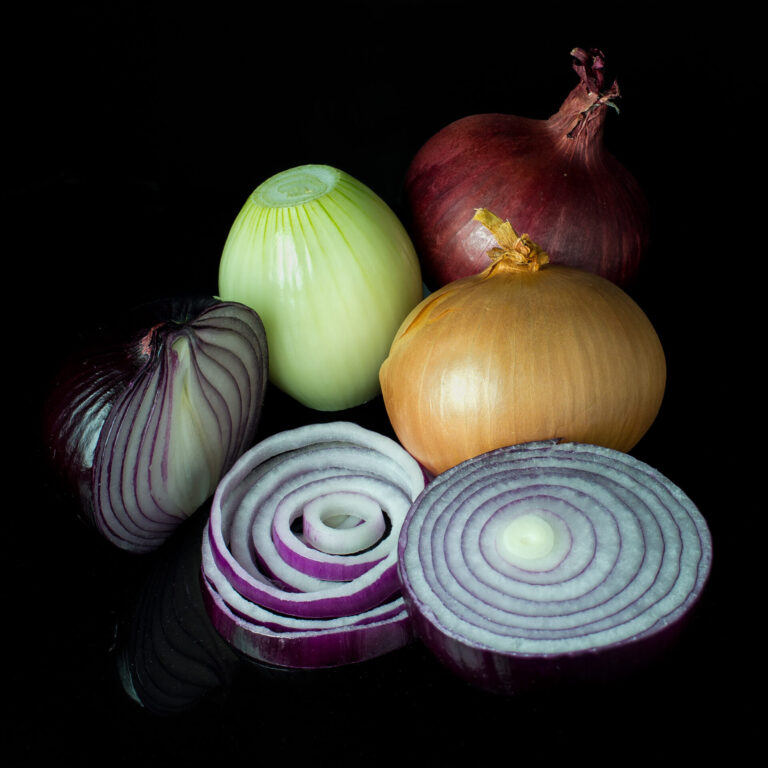
Onions, Leek, Chives, Shallots
A vegetable that is the most widely cultivated species of the genus Allium. The common onion’s close relatives include garlic, scallion, leek, chive, and Chinese onion.

A vegetable that is the most widely cultivated species of the genus Allium. The common onion’s close relatives include garlic, scallion, leek, chive, and Chinese onion.
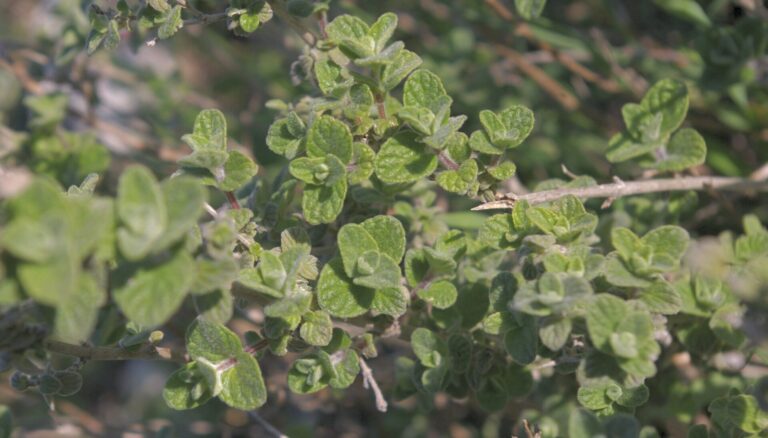
The Oreganum genus includes a large number of perennial herbs and shrubs native to western Asia and the Mediterranean. The most common species are familiar culinary herbs, including O. vulgare and its cultivars, O. majoranum, O. heracleoticum, and others. Oregano is a signature flavor of many Italian, Mexican, and Spanish dishes. It is a hardy perennial plant that is easy to grow in the home garden or in pots. Oregano leaves are oval, dark green, and positioned in opposite pairs along the stems. Some varieties have fuzzy leaves, others not. Oregano starts as a ground-hugging rosette of leaves, but
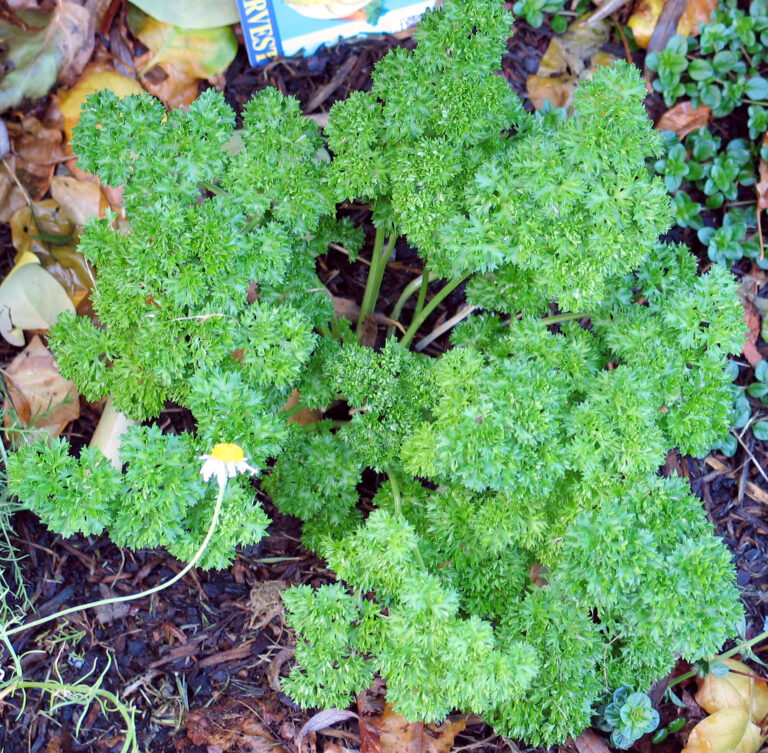
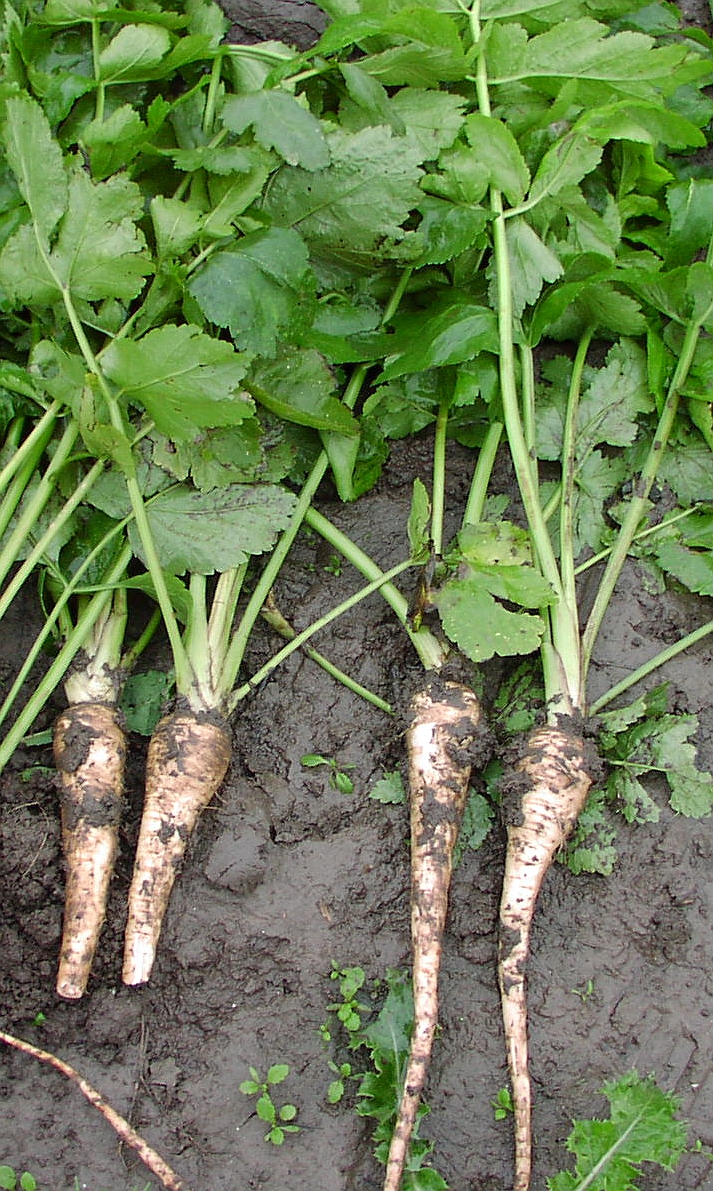
A member of the family Apiaceae. It is a biennial vegetable usually grown as an annual. Its long taproot has cream-colored skin and flesh, and, left in the ground to mature, it becomes sweeter in flavor after winter frosts.
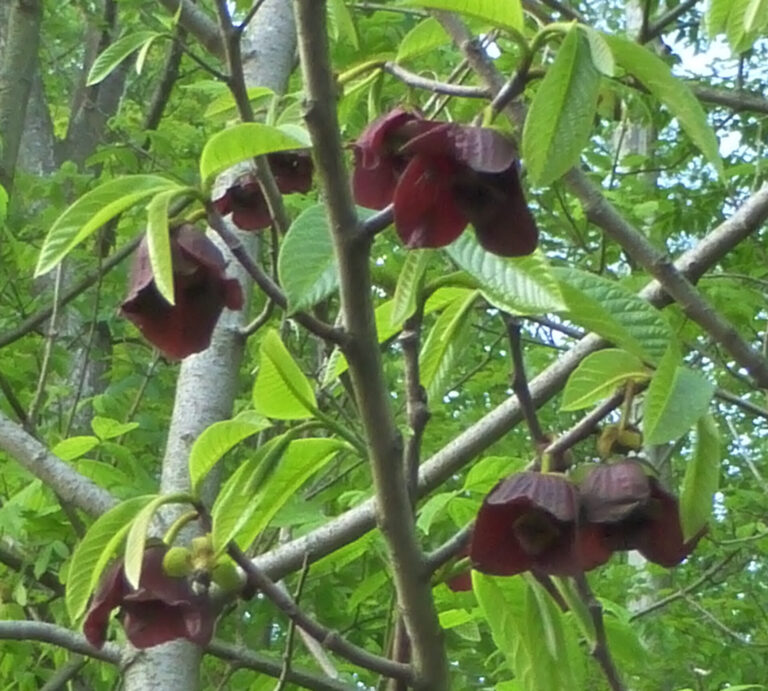
A small, deciduous tree that yields the largest fruit native to North America. It’s part of the Annonaceae family, which is the largest family of the magnolia order. Pawpaw trees can grow to a height of about 25 feet and feature maroon-colored blossoms with 6 petals in spring. (When grown in shady and protected areas of established forests, they only get to be 2 to 12 feet (0.6 m to 3.7 m) tall.) The leaves are dark green, shiny, and oval shaped with pointy ends. They can grow up to 1 inches in length. In the fall, foliage turns
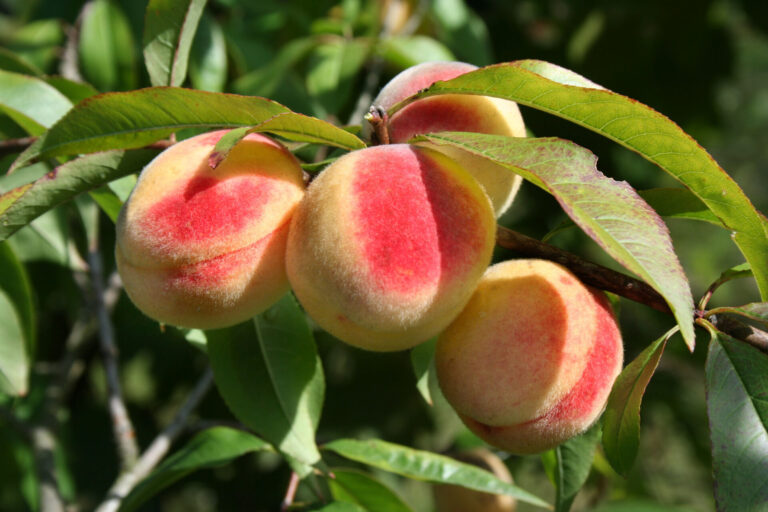
The self-fertile deciduous tree belongs to the Rosaceae family and the Prunus genus. It can grow up to 25 feet (7.6 m) tall. ripening May through August. As an angiosperm, their seeds are enclosed within the fruit that grows on them. The fruits flesh is yellow, with bright red touches closest to the stone. They have a soft texture.

A tree of the genus Pyrus, in the family Rosaceae which bears the pears as fruits having a sweet gritty-textured juicy fruit. The trees usually live 50 years, although they might have shorter or longer life spans depending on how well cared for they are. It’s one of the most important fruit trees in the world, the common pear is cultivated in all temperate-zone countries of both hemispheres.
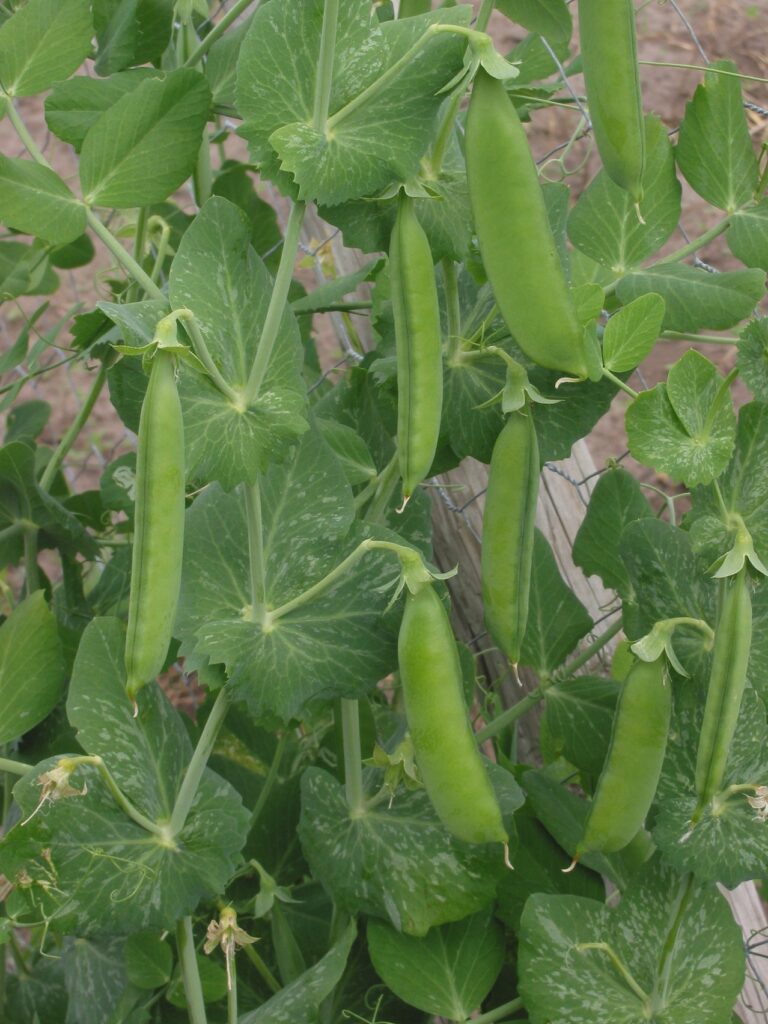
Cultivated annual plants having compound leaves with terminal leaflets modified into tendrils and edible seeds enclosed in an elongated pod. Commonly grown peas include English peas, snow or sugar peas, and sugar snap peas available in both bush and climbing varieties. There are also black-eyed, crowder (field), and chick peas (garbanzo). Legumes (lentils) are also of the pea family.
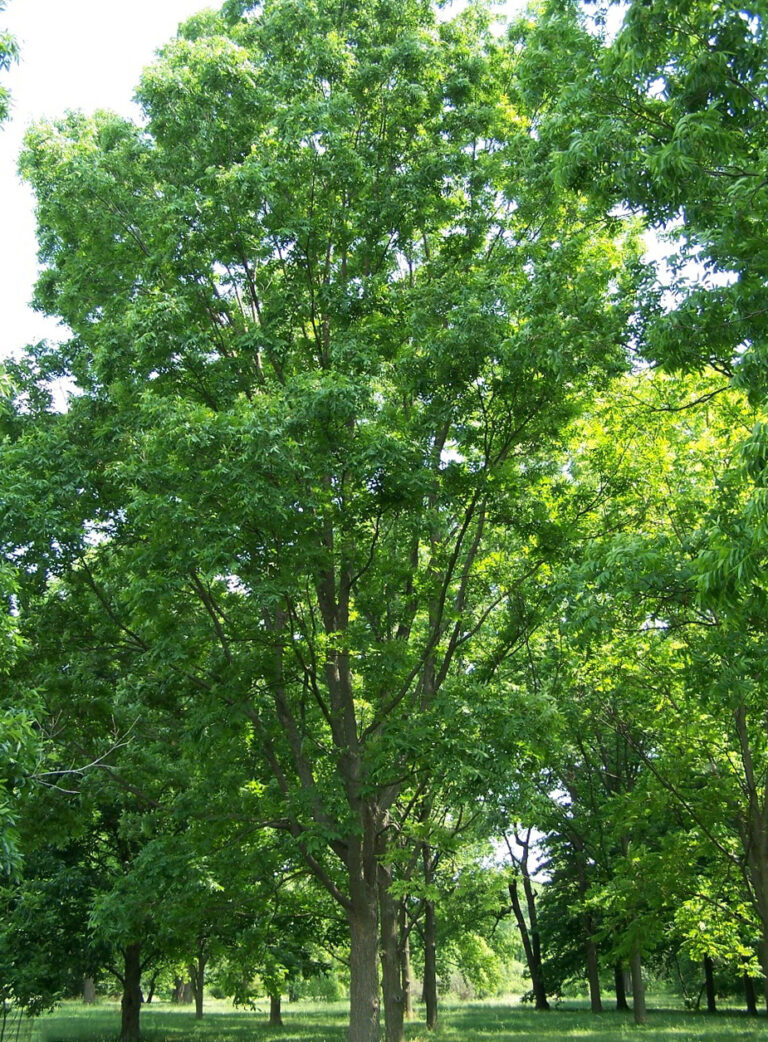
In the hickory family, the deciduous pecan tree is the tallest (Carya illinoinensis). Easily identifiable by its rich brown kernel with a distinctive grooved surface, they have a distinct flavor from other tree nuts.
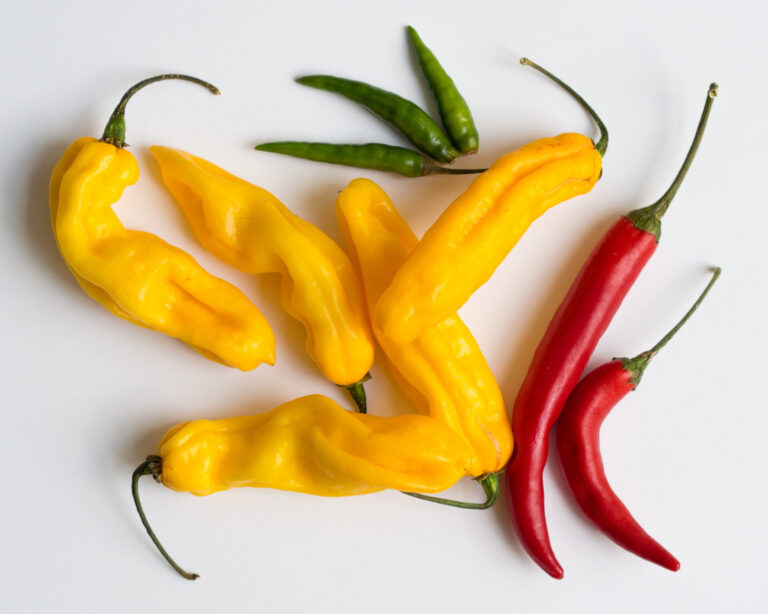
All types of peppers are a part of the Capsicum family, which includes sweet (red and green bell, Pimiento) to hot and spicy (Cayenne, Jalapeno, Anaheim, Serrano, Black, Ghost, Chilli). The Banana and Cherry come both sweet and hot.

A vegetable that is the most widely cultivated species of the genus Allium. The common onion’s close relatives include garlic, scallion, leek, chive, and Chinese onion.

The Oreganum genus includes a large number of perennial herbs and shrubs native to western Asia and the Mediterranean. The most common species are familiar culinary herbs, including O. vulgare and its cultivars, O. majoranum, O. heracleoticum, and others. Oregano is a signature flavor of many Italian, Mexican, and Spanish dishes. It is a hardy perennial plant that is easy to grow in the home garden or in pots. Oregano leaves are oval, dark green, and positioned in opposite pairs along the stems. Some varieties have fuzzy leaves, others not. Oregano starts as a ground-hugging rosette of leaves, but


A member of the family Apiaceae. It is a biennial vegetable usually grown as an annual. Its long taproot has cream-colored skin and flesh, and, left in the ground to mature, it becomes sweeter in flavor after winter frosts.

A small, deciduous tree that yields the largest fruit native to North America. It’s part of the Annonaceae family, which is the largest family of the magnolia order. Pawpaw trees can grow to a height of about 25 feet and feature maroon-colored blossoms with 6 petals in spring. (When grown in shady and protected areas of established forests, they only get to be 2 to 12 feet (0.6 m to 3.7 m) tall.) The leaves are dark green, shiny, and oval shaped with pointy ends. They can grow up to 1 inches in length. In the fall, foliage turns

The self-fertile deciduous tree belongs to the Rosaceae family and the Prunus genus. It can grow up to 25 feet (7.6 m) tall. ripening May through August. As an angiosperm, their seeds are enclosed within the fruit that grows on them. The fruits flesh is yellow, with bright red touches closest to the stone. They have a soft texture.

A tree of the genus Pyrus, in the family Rosaceae which bears the pears as fruits having a sweet gritty-textured juicy fruit. The trees usually live 50 years, although they might have shorter or longer life spans depending on how well cared for they are. It’s one of the most important fruit trees in the world, the common pear is cultivated in all temperate-zone countries of both hemispheres.

Cultivated annual plants having compound leaves with terminal leaflets modified into tendrils and edible seeds enclosed in an elongated pod. Commonly grown peas include English peas, snow or sugar peas, and sugar snap peas available in both bush and climbing varieties. There are also black-eyed, crowder (field), and chick peas (garbanzo). Legumes (lentils) are also of the pea family.

In the hickory family, the deciduous pecan tree is the tallest (Carya illinoinensis). Easily identifiable by its rich brown kernel with a distinctive grooved surface, they have a distinct flavor from other tree nuts.

All types of peppers are a part of the Capsicum family, which includes sweet (red and green bell, Pimiento) to hot and spicy (Cayenne, Jalapeno, Anaheim, Serrano, Black, Ghost, Chilli). The Banana and Cherry come both sweet and hot.
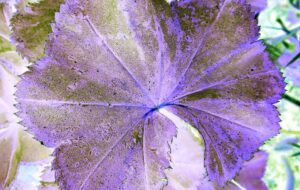
The current agriculture industry is designed to keep sick plants alive long enough to produce a crop. It keeps farmers in debt, plant health low […]
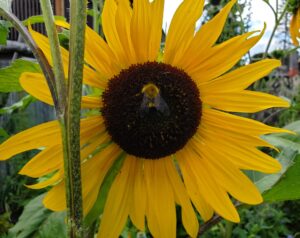
Here is a slide show of some of our projects. https://organicliving.thenewblueprintforhumanity.org/wp-content/uploads/2025/09/TPC-Gardening-Slide-Show.mp4

A lesson I have learned and have begun to experience is this; ‘When you take action, any action, the world will begin to move for you’.

Here is our report on the TPC Gardening and Non GMO Foods Communal Gathering Zoom call with the Bowler Hat Farmer, August 31, 2025 We […]

One of the Vital solutions of Korean Natural Farming is the introduction of Indigenous Micro Organisms (IMO) into the soil to promote health and vitality. […]
